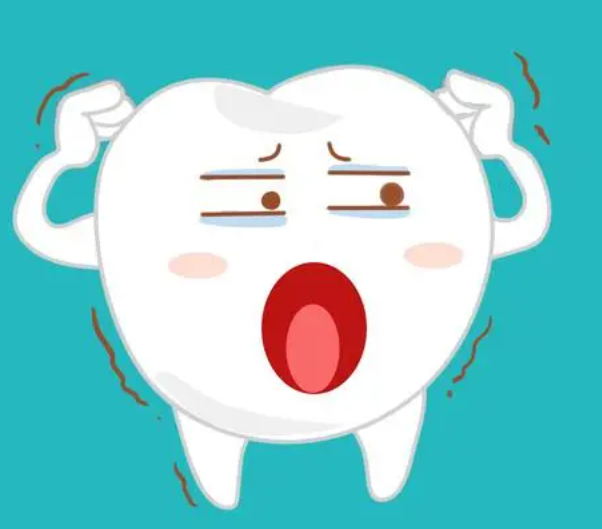"Tooth" pain may not be just a toothache
"Tooth" pain may not be just a toothache
Toothache is a minor ailment that is common to many people in their lives. Some people endure it as much as they can, and many people have endured
it from a minor dental problem to a serious problem. In fact, sometimes, toothache is not a simple "tooth" pain.
Toothache is mainly caused by caries, pulpitis and other problems. At present, the treatment methods for dental problems are relatively mature,
and most of them are fundamentally solved: root canal treatment or extraction, but in addition to the above reasons, there are other reasons that can cause tooth pain.
The most common one is toothache caused by trigeminal neuralgia, but also periodontitis or pericoronitis caused by coronary heart disease,
high blood pressure, colds, and high-altitude activities such as flying. Toothache caused by these diseases cannot be solved simply by extraction.
1. How to judge "toothache"?
Toothaches caused by different reasons are different. Through the patient's description and examination, it is easier for doctors to judge the toothache trigger.
Toothache caused by trigeminal neuralgia is quite different from toothache caused by dental caries and pulpitis. In addition, toothache caused by coronary
heart disease is neither lightning-like like trigeminal neuralgia, nor is it bad teeth or irritating factors, such as dental caries or pulpitis.
If you have symptoms of toothache, you should go to a regular hospital in time to find out the cause, and then treat it, so as not to aggravate the toothache due to delay or misdiagnosis.

2. What are the pain characteristics of different dental diseases?
1. Dental caries:
Dental caries is tooth decay, which can be divided into superficial caries, medium caries and deep caries according to the depth of lesion.
Superficial caries has no obvious pain symptoms, and is usually discovered when the patient inadvertently finds that the teeth have turned black or has a physical examination;
moderate caries is sensitive to sweet and sour food, and too cold and hot food can also cause soreness. Cold stimulation is particularly obvious. The pain disappeared immediately
after the irritation was removed. Deep caries often cause food impaction causing pain. When exposed to cold, heat and chemical stimuli, the pain produced is more severe than that of medium caries.
2. Tooth erosion:
Wear and tear (also known as chewing wear) is an aging change. With severe wear, soreness can occur, breathing cool breeze, eating cold and overheating can all be symptoms.
3. Wedge defect:
Wedge defects are primarily defects on the lateral necks of the teeth near the gums and are usually caused by occlusal fatigue, lateral brushing, and acid erosion. The shallower ones are mildly sensitive and have transient soreness when they are stimulated; the moderate ones will have obvious discomfort or trigger pain when encountering cold, hot, sour, sweet and other stimuli; the deep ones can cause pulpitis.
4. Dentin hypersensitivity:
Dentin hypersensitivity is short-term severe pain or discomfort following stimulation of the tooth within the physiological range. These stimuli include rubbing, biting hard objects, cold, heat, sour, sweet, etc.
5. Referral pain:
In addition to oral diseases that can cause toothache, some other organ diseases can also cause pain, such as angina pectoris, thyroiditis, and cervical spondylosis. If you find that the lower left tooth does not have any dental lesions, and the pain is related to physical exertion (that is, the pain during exercise and the pain disappears at rest), you need to be alert to cardiovascular disease.
Don't delay toothache, it can be treated simply, if you keep procrastinating, it may make the condition worse, and may even lose the value of treatment. Get medical treatment early, recover early, and be responsible for your own health and quality of life.



